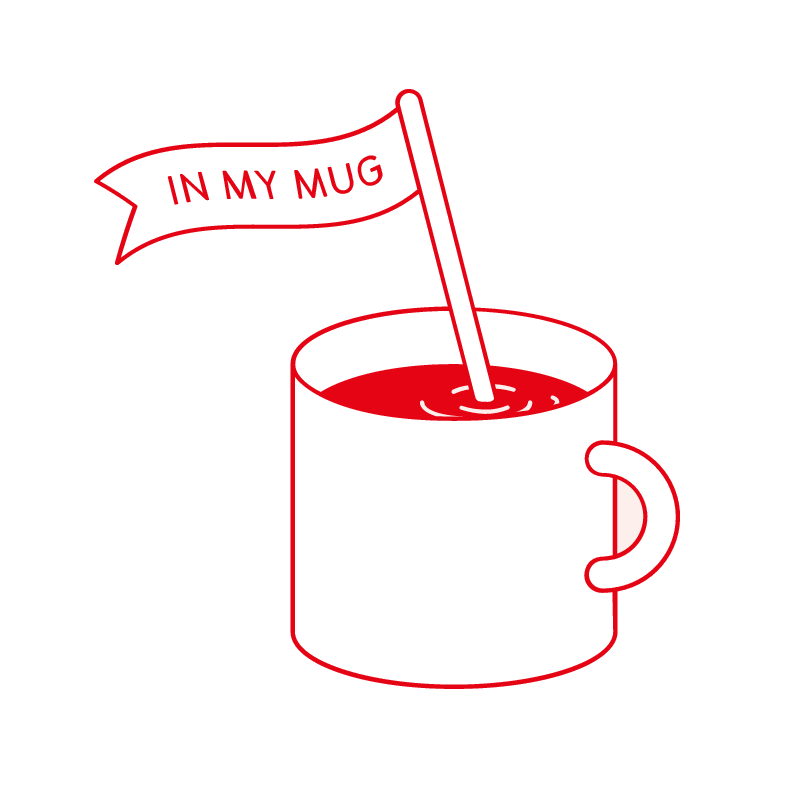Episodes

Saturday Dec 09, 2017
Saturday Dec 09, 2017
The story of Has Bean and Finca Limoncillo has been told many many times, but it's one that I really love to share. So much of where we are today has come from this relationship, and I'm super proud of everything that's happened in the past, as well as amazingly excited for where we can go in the future.
My relationship with Finca Limoncillo began in 2007, and back then we were buying their delicious coffee as part of a buying group. I loved it from the very first time I cupped it, and it was a coffee I just had to get. It was only after the auction closed that I discovered it was owned by a family in Nicaragua who were already good friends of mine, and indeed probably the only people I know from the whole country!
The following year I visited the farm with our importers and spent the whole trip begging them to bring the coffee in for us. Eventually, they caved in (possibly just to stop me pestering them!) and kindly did so.
This setup worked well for a time, but we received notice a couple of years ago that the importers were not going to be buying the coffee again (and for reasons other than the cup quality). This led to some frantic phone calls and a thorough search down the back of the sofa for loose change to fund buying twelve months’ worth of coffee all at once. There were many, many obstacles in the way of doing this deal, but we were lucky in that we were able to pull everything together in a very short amount of time.
The upside of all of this is that we now work directly with Finca Limoncillo instead of going via anyone else, and this is a relationship I’m super happy to have. This coffee has gone from a one-off Cup of Excellence buy to a fantastic long-term relationship.
Finca Limoncillo is located in Matagalpa and, at 171 hectares, it. Is. Huge! Situated at an amazing location, it boasts 9 waterfalls within the farm and is owned by the Mierisch family; as I have already said, they’re good friends, and also well-respected producers in Nicaragua. They’re known for their experimental processing, varietal work, and exceptional coffee.
The fact that the family are friends helps us drill down into the details of what they do for the people who work for them, and the information continues to prove to me that good people grow good coffee.
On the farm, the family:
- Pay their staff 30% more than what is typical minimum wage.
- Provide free housing for 60 families.
- Provide free electricity and running water for their workers' homes.
- Provide free food for all workers.
- Provide free daycare facilities for families to use.
- Provide free healthcare facilities.
- Employ on-site teachers who educate the staff and teach other skills, such as pottery and weaving. The goal is to help staff diversify their skills. The teachers are also paid twice the wages they would receive in the cities.
The coffees we receive from Limoncillo are fantastic and they come from a fantastic relationship. Erwin Mierisch has visited Stafford many times, and it's always a pleasure to have him around. Last time he was over he ended up at a Weird Beard tap takeover in Manchester, talking to two Weird Beards about crazy brewing / coffee farming ideas! A coffee from Finca Limoncillo (the 'Funky Red Pacamara') is used in two of Weird Beard's beers: Black Perle and Double Perle, both of which are mighty delicious beers!
So what's this Ethiosar varietal, I hear you ask? Well, this is the fourth year we've been lucky enough to have some, and it comes from the hard work of the Mierisch family and their cousin Ricardo. He owns a farm near to Limoncillo, but at a much lower altitude of 800 metres above sea level. Ricardo noticed that his yield and his plants were suffering and that they seemed to be becoming more suscep7tible to disease. He put this down to growing issues in Nicaragua, a change in climate, increased rains and his low altitude. But from experiments he was running on the farm, he noticed that this newly-spliced varietal he had put together was thriving. It was fruiting much more than the other plants and was not suffering.
The varietal, Ethiosar, is a stable hybrid plant. It's a cross of an Ethiopian variety (Sudan Rume) with a Sarchimor (a cross of a Villa Sarchi with a Timor variety). The offspring of this plant is then crossed once again with a Villa Sarchi, which is an improved Caturra / Bourbon from Costa Rica.
The Timor variety is the Robusta variety used to produce all the Catimors. In short, it only has a very small percentage of Catimor in it, thus making it very resistant to leaf rust in most parts of the world. The Sudan Rume is a very old variety of Typica from Ethiopia. Both Sudan Rume and Villa Sarchi are known for their great cup characteristics.
What Ethiosar does is increase production by up to 40% whilst only needing 2,800 plants per manzana, whereas with Caturra you would need 4,000 plants. This may not seem important until you begin to think that each plant needs fertiliser. So not only are you getting more yield but it's cheaper to grow because you need less fertiliser and less plants (plants have to be grown or bought), and it's also quicker to pick. On top of all of this, it's super tasty.
In the cup think green apple meets caramel down a dark alley and they mix themselves up. There's also an apple juice like acidity + a dark chocolate finish = leaving you wanting more!
- Country: Nicaragua
- Municipality: Yasica Norte
- Region: Matagalpa
- Farm name: Limoncillo
- Farmer: Dr Erwin Mierisch
- Farm size: 171 hectares
- Coffee growing area: 109 hectares
- Harvest months: December–February
- Diurnal temperature cycle: average: high 28° C, low 20° C
- Altitude: 1,200 m.a.s.l.
- Varietal: Ethiosar (Ricardo)
- Processing system: Pulped Natural


